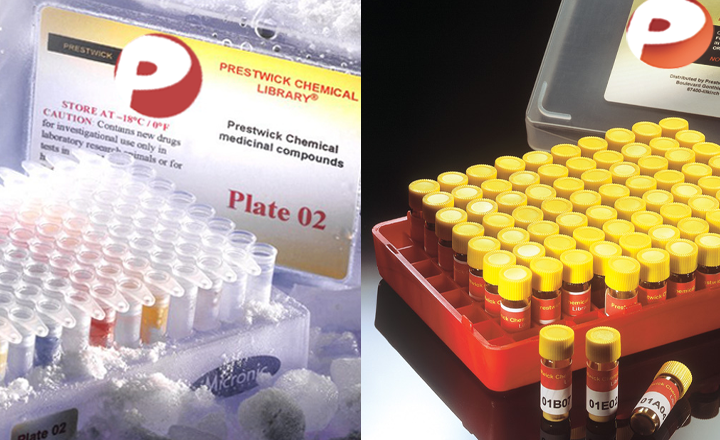Multiple drug- induced stress responses inhibit formation of Escherichia coli biofilm
Teteneva NA MS
Appl Environ Microbiol - vol. 86 1-15 (2020)
Appl Environ Microbiol
In most ecosystems, bacteria exist primarily as structured surface-associated biofilms that can be highly tolerant to antibiotics and thus represent an important health issue. Here, we explored drug repurposing as a strategy to identify new anti- biofilm compounds, screening over 1,000 compounds from the Prestwick Chemical Library of approved drugs for specific activities that prevent biofilm formation by Escherichia coli. Most growth-inhibiting compounds, which include known antibacte- rial but also antiviral and other drugs, also reduced biofilm formation. However, we also identified several drugs that were biofilm inhibitory at doses where only a weak effect or no effect on planktonic growth could be observed. The activities of the most specific antibiofilm compounds were further characterized using gene expres- sion analysis, proteomics, and microscopy. We observed that most of these drugs acted by repressing genes responsible for the production of curli, a major compo- nent of the E. coli biofilm matrix. This repression apparently occurred through the induction of several different stress responses, including DNA and cell wall damage, and homeostasis of divalent cations, demonstrating that biofilm formation can be inhibited through a variety of molecular mechanisms. One tested drug, tyloxapol, did not affect curli expression or cell growth but instead inhibited biofilm formation by suppressing bacterial attachment to the surface


